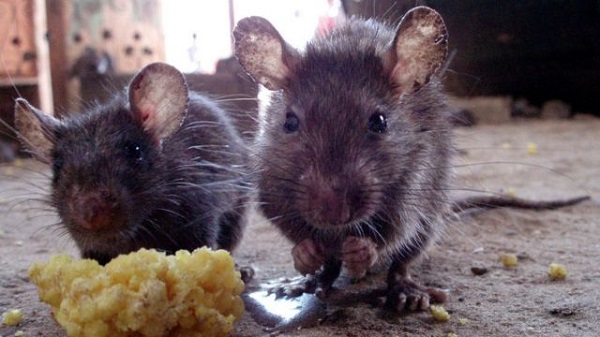
The Nigeria Centre for Disease Control and Prevention (NCDC) has reported a total of 80 deaths from 413 confirmed cases of Lassa fever across 11 states as of Epidemiological Week 6 (February 3–9, 2025).
The NCDC disclosed this information on its official website, noting that the case fatality rate (CFR) has risen to 19.4 per cent, up from 17.5 per cent during the same period in 2024.
According to the latest Lassa Fever Situation Report, 73 per cent of confirmed cases originated from Ondo, Edo and Bauchi states, with Ondo accounting for 34 per cent, Edo 21 per cent and Bauchi 18 per cent. In total, 63 local government areas (LGAs) across these 11 states have reported confirmed cases.
Despite a drop in new cases from 68 in Week 5 to 54 in Week 6, the agency expressed concern over the high fatality rate. The affected age group primarily consists of individuals aged 21–30 years, with a male-to-female ratio of 1:0.8.
The NCDC indicated that while no new infections among healthcare workers were reported this week, delays in seeking medical attention have contributed to the rising fatality rate. Key challenges identified include poor health-seeking behaviour, high treatment costs and limited awareness in high-burden communities.
To address the outbreak, the agency has activated the National Lassa Fever Multi-Sectoral Incident Management System (IMS) to coordinate response efforts. Key interventions include the deployment of National Rapid Response Teams (NRRT) to Gombe, Nasarawa and Benue; Training of healthcare workers on Lassa fever case management in Bauchi, Ebonyi and Benue; Enhanced surveillance and contact tracing in affected states, distribution of response commodities such as personal protective equipment (PPE), Ribavirin, thermometers and body bags and community sensitisation and risk communication campaigns in hotspot LGAs
Also, the NCDC is collaborating with the World Health Organisation (WHO), Médecins Sans Frontières (MSF) and the International Research Centre of Excellence (IRCE) to improve laboratory diagnosis, treatment and outbreak response.
The agency urges Nigerians to take preventive measures by maintaining proper hygiene, avoiding contact with rodent droppings and seeking medical attention early if symptoms such as fever, sore throat, or unexplained bleeding occur.
With the Lassa fever season peaking, the NCDC is intensifying efforts in case management training, rapid response coordination, and infection prevention measures to curb the outbreak’s spread.
A nationwide rodent control and community awareness campaign is being planned in collaboration with Breakthrough Action Nigeria (BA-N) and other stakeholders.
For real-time updates and safety guidelines, the NCDC advises Nigerians to visit www.ncdc.gov.ng or call the toll-free line: 6232.
The NCDC offers the following recommendations to reduce risk and stay safe: Keep food and grains in sealed containers to prevent rat contamination, eliminate rodent hiding places by maintaining a tidy environment, wash hands regularly with soap and running water, avoid bush burning as it drives rats into homes, increasing the risk of infection; Seek medical help early (if one experiences fever, weakness, or bleeding) by visiting a health facility immediately.
The agency emphasises that Lassa fever is preventable, and Nigerians should stay informed and take action to protect themselves and their loved ones.

